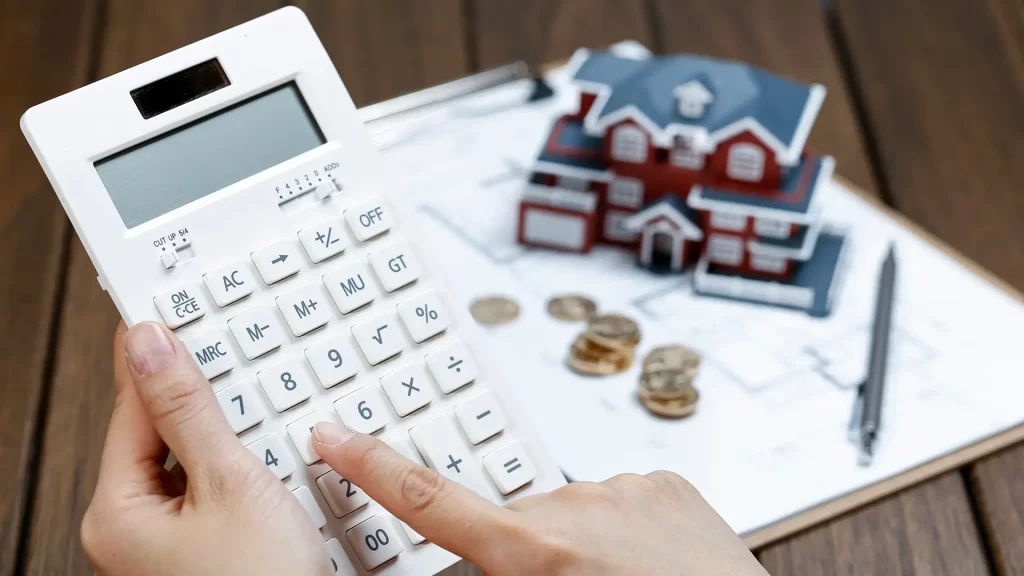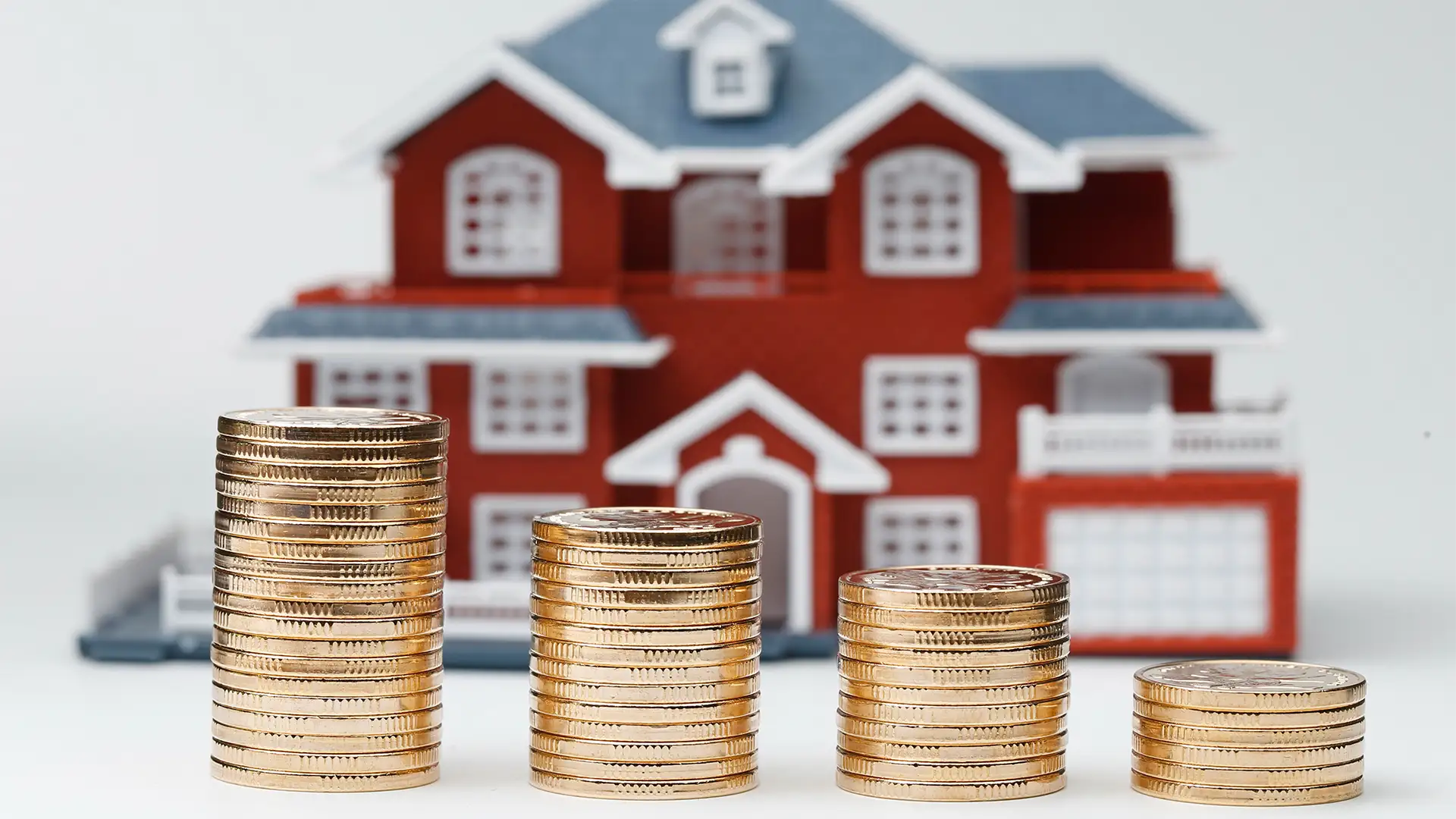By: Gina Dewar (DRE 02057793)
Investing in real estate, particularly in purchasing a home, is one of the most common ways to accumulate wealth in the long term. One of the key reasons behind this strategy is home appreciation, which refers to the increase in its value over time. In this article, we will explore the various factors that influence home appreciation and how homeowners can capitalize on this phenomenon to strengthen their wealth.
Factors Influencing Appreciation:
Location: Desirable locations with good amenities, proximity to employment centers, quality schools, and a pleasant environment tend to experience higher appreciation.
Economic Factors: The overall economic health, including job growth, income levels, and business development, can impact the demand for housing and contribute to appreciation.
Housing Demand and Supply: When the demand for housing exceeds the supply, prices tend to rise. In California, where population growth often outpaces new housing construction, this can lead to appreciation. The same goes for Nevada, New York, and Florida.
Interest Rates: Lower interest rates generally make mortgages more affordable, increasing the demand for homes and potentially driving up prices.
Infrastructure and Development: Improvements in infrastructure, such as new transportation options or the development of commercial centers, can positively impact property values in an area.
Market Trends: Real estate market trends and cycles can also influence appreciation. For example, during a seller’s market, where demand exceeds supply, prices may appreciate more rapidly.
Government Policies: Policies related to zoning, taxation, and development regulations can affect property values. For example, changes in property tax rates or development incentives can influence appreciation.
Natural Features: Proximity to natural features like beaches, mountains, or scenic views can enhance a property’s value.

Capitalizing on Appreciation:
- Timing Your Purchase: Entering the market at the right time can be crucial to capitalize on appreciation. By monitoring market trends and buying when prices are relatively low but expected to rise, homeowners can maximize their appreciation potential.
- Regular Maintenance: Keeping the property in good condition over time can preserve its value and facilitate appreciation. Making repairs and improvements as needed can prevent depreciation and ensure that the home remains competitive in the market.
- Being Patient: Home appreciation is a long-term process and can take several years. Being patient and not expecting immediate results is important for those looking to capitalize on this phenomenon. Long-term investment can yield greater returns as the property value continues to increase over time.
It’s important to note that real estate markets can be cyclical, and various factors can impact them differently over time. Additionally, local factors can play a significant role, so appreciation in one part of the country may differ from another. It’s advisable to research the specific area you are interested in and consult with real estate professionals for more accurate and up-to-date information.
In the city of San Diego, for example, I had a client who bought a 2-bedroom apartment in a downtown complex. Nice property, concierge, and good amenities, close to Little Italy and Marina District. She bought this property in 2018 for $750,000. Cash deal, no problems, inspections were satisfactory, and she was very happy with her investment.
Now, in 2024, the same property is going for $965,000-$1,050,000 range. We are talking about at least a 28.6% – 40% increase in what she invested. Yup, we appreciate appreciation!
So, are you interested in investing now? We can help you!





















